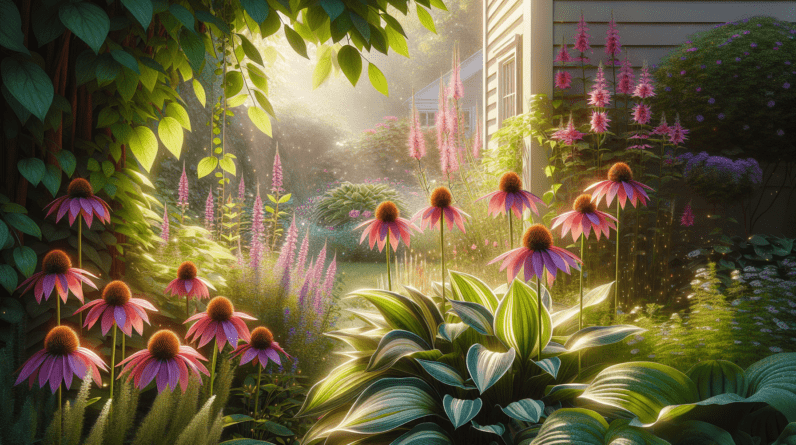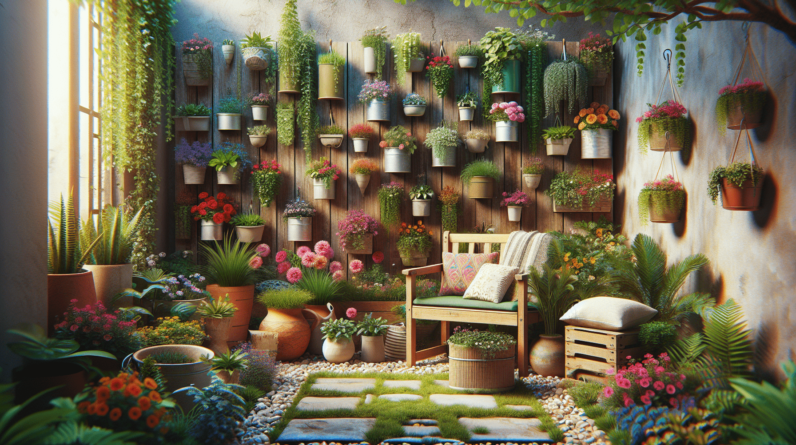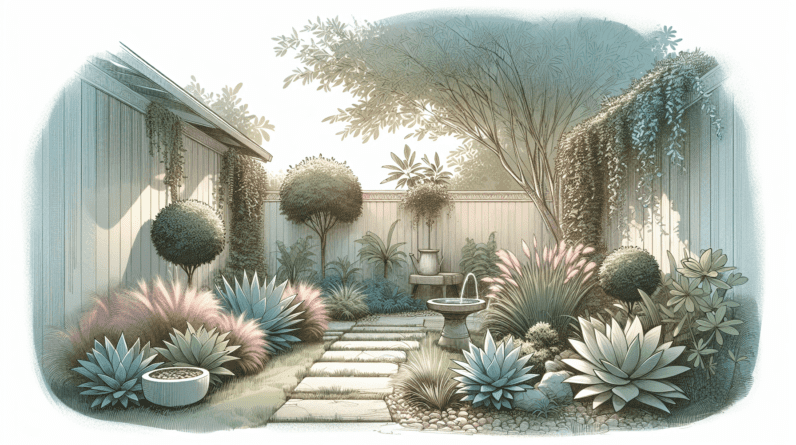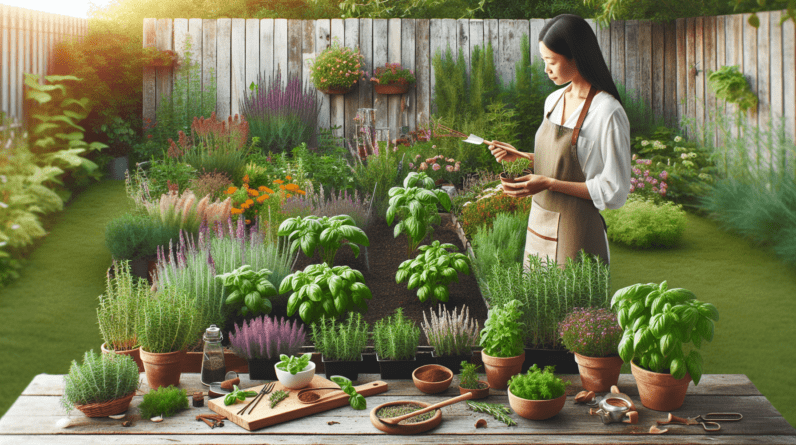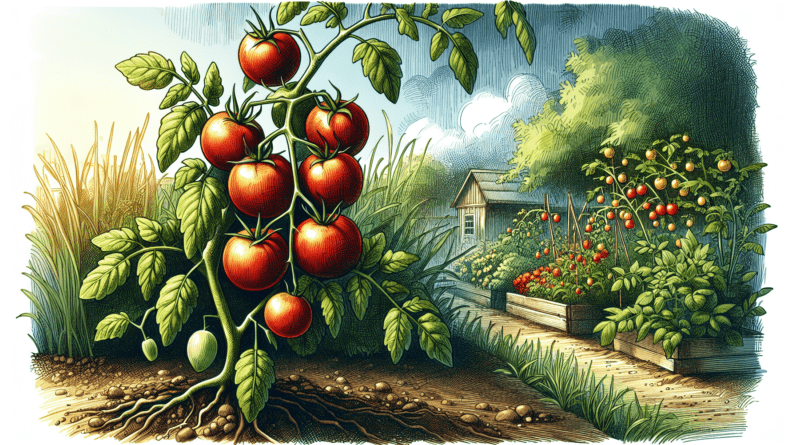
Growing your own vegetables can be a rewarding and enjoyable hobby, not to mention a fantastic way to ensure you always have fresh produce on hand. In “10 Easy Vegetables to Grow in Your Backyard Garden,” you’ll discover how simple it can be to cultivate a bountiful garden, even if you’re just starting out. From crisp, sweet peas to robust, flavorful tomatoes, this guide provides you with all the tips and tricks to nurture ten of the easiest veggies that will thrive in your backyard. Let’s embark on this gardening journey together and watch your garden flourish! Have you ever thought about growing your own vegetables in your backyard? Imagine the satisfaction of plucking fresh tomatoes or crunchy cucumbers right from your garden. Not to mention, it’s a wonderful way to connect with nature and perhaps even save a little money on groceries. But I know what you’re thinking – gardening can be intimidating, right? Don’t worry, I’ve got you covered. Here’s a list of 10 easy vegetables to grow in your backyard garden that even a beginner can manage.
1. Tomatoes
Why Tomatoes?
Tomatoes are a garden staple for a reason. They’re versatile, delicious, and relatively easy to grow. Whether you love them in salads, sauces, or just to snack on, tomatoes are a fantastic choice.
Planting and Care Tips
Tomatoes need a lot of sunlight, so make sure you plant them in a sunny spot in your garden. They also like their soil well-drained and rich in organic matter. Starting from seeds or transplanting young plants can both work, but if you’re new to gardening, starting with transplants might be easier.
Be mindful about watering. Tomatoes need consistent moisture, yet they don’t like to be soaked. Water the base of the plant rather than the leaves to prevent diseases.
Variety Recommendations
- Cherry Tomatoes: Perfect for snacking straight from the vine.
- Roma Tomatoes: Ideal for making sauces and canning.
- Beefsteak Tomatoes: Great for sandwiches and burgers.
2. Carrots
Why Carrots?
Carrots are another easy and rewarding vegetable to grow. Plus, they’re loaded with vitamins and minerals that are great for your health.
Planting and Care Tips
Carrots prefer cool temperatures, so early spring or fall is the best time to plant them. They thrive in loose, sandy soil that’s free of stones which can cause them to grow in odd shapes.
Since carrots grow underground, it’s crucial to keep the soil consistently moist but not waterlogged. Be patient because they can take a little while to sprout, but trust me, they’re worth the wait.
Variety Recommendations
- Nantes: Sweet and tender, good for munching.
- Danvers: Strong flavor, great for cooking.
- Chantenay: Short and stout, ideal for heavy soils.
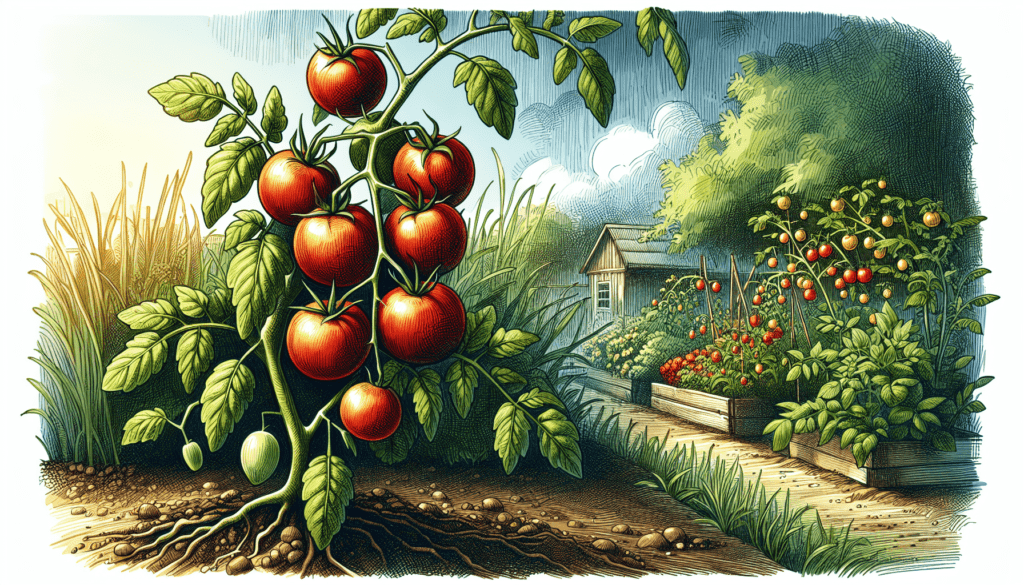
3. Lettuce
Why Lettuce?
Lettuce is one of those vegetables that can be grown almost year-round if you stagger your planting. Plus, having fresh, crisp greens at your fingertips is delightful.
Planting and Care Tips
Lettuce enjoys cooler weather so it’s perfect for spring and fall. It grows best in well-drained soil that’s rich in organic matter. Direct sowing seeds in your garden bed is pretty straightforward.
It needs consistent moisture to stay tender and tasty but be careful not to OVER-water, as saturated soil can lead to rot. Give it some light shade in warmer temperatures to prevent it from bolting.
Variety Recommendations
| Type | Description |
|---|---|
| Butterhead | Soft, buttery leaves |
| Romaine | Crisp and sturdy, great for salads |
| Leaf | Versatile and easy to grow |
4. Cucumbers
Why Cucumbers?
Cucumbers are practically made for summer. They’re hydrating, crunchy, and can be used in salads, pickles, or just as a refreshing snack.
Planting and Care Tips
Cucumbers love warmth and sunlight, so wait until after the last frost to plant them. They do well in well-drained soil enriched with compost.
Water them regularly, especially during dry spells, but avoid wetting the leaves to reduce the risk of mildew. You can also grow them vertically on a trellis to save space and keep the fruit clean.
Variety Recommendations
- Slicing Cucumbers: Long and smooth, perfect for fresh eating.
- Pickling Cucumbers: Smaller and bumpier, ideal for making pickles.
- Lemon Cucumbers: Round and yellow, fun to grow and eat.
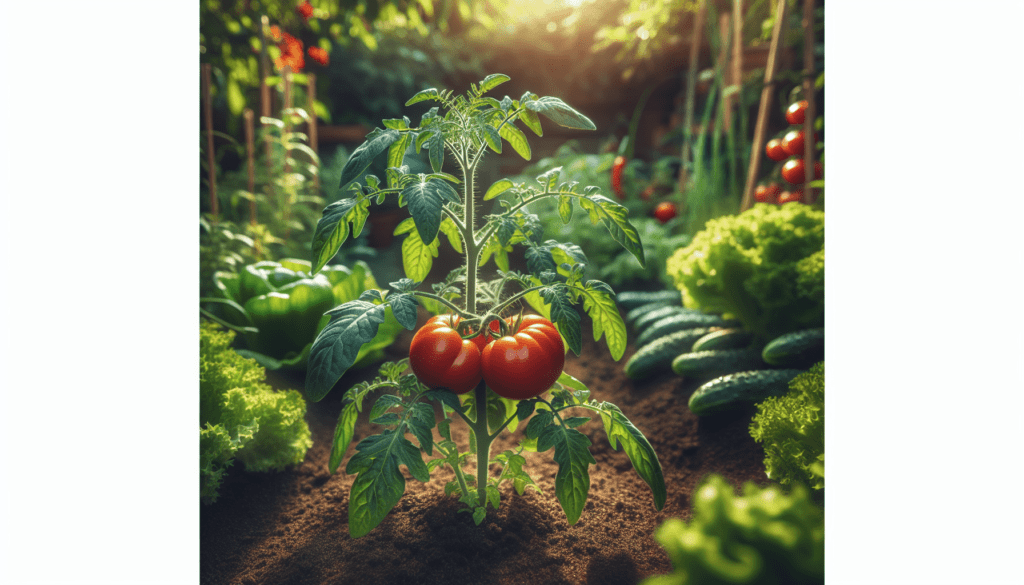
5. Radishes
Why Radishes?
If you’re impatient like me, radishes are your best friend. They grow super fast, sometimes ready to harvest as soon as 3-4 weeks after planting.
Planting and Care Tips
Radishes prefer cooler weather, so plant them in early spring or fall. They enjoy soil that’s loose and free of stones.
Consistent watering is key to keep them tender and avoid a spicy, woody texture. Thin the seedlings to give them space to bulb up nicely.
Variety Recommendations
- Cherry Belle: Classic and quick-growing.
- French Breakfast: Oblong, mild flavor.
- Watermelon Radish: Stunning pink inside, mild taste.
6. Green Beans
Why Green Beans?
Green beans are prolific producers and easy to grow. They’re perfect for snacking, cooking, or even canning, making them a versatile addition to your garden.
Planting and Care Tips
Plant green beans after the last frost in a sunny spot. They prefer well-drained soil and don’t require much in terms of fertilization.
Water them regularly but not excessively. To encourage more beans, keep harvesting regularly; the more you pick, the more they produce.
Variety Recommendations
- Bush Beans: Compact and quick-growing.
- Pole Beans: Climbing, produce over a longer period.
- Wax Beans: Yellow variety, sweet and tender.
7. Peas
Why Peas?
Peas are delightful to grow and taste amazing when fresh from the garden. They are an excellent source of protein and can be eaten raw in salads, or cooked in various dishes.
Planting and Care Tips
Peas thrive in cooler weather, so plant them in early spring. They like well-drained soil and need something to climb on, such as a trellis or a fence.
Make sure to water them regularly, especially during flowering and pod production stages. Mulching can help retain moisture and keep the roots cool.
Variety Recommendations
- Sugar Snap Peas: Edible pods, sweet flavor.
- Snow Peas: Flat pods, great for stir-fries.
- Shelling Peas: Peas removed from pods, traditional garden variety.
8. Spinach
Why Spinach?
Spinach is a nutrition powerhouse packed with vitamins, minerals, and antioxidants. It’s also a fast grower, making it a rewarding choice for any gardener.
Planting and Care Tips
Spinach prefers cool temperatures, so plant it in the spring or fall. It grows best in well-drained soil rich in organic matter.
Water spinach regularly to keep it from bolting in warmer weather. You can prolong its harvest season by providing shade during hotter months.
Variety Recommendations
| Type | Description |
|---|---|
| Savoy | Curly and crisp leaves |
| Semi-Savoy | Semi-curly, easier to clean |
| Flat-Leaf | Smooth leaves, good for cooking |
9. Zucchini
Why Zucchini?
Zucchini is incredibly productive, meaning one or two plants can often supply more than enough for an average family. They are versatile in the kitchen and can be grilled, sautéed, or baked.
Planting and Care Tips
Zucchini plants love warmth and sunlight, so plant them after the last frost. They thrive in rich, well-drained soil.
Water consistently, but avoid wetting the leaves to reduce the risk of mildew. Harvest zucchinis when they are small and tender for the best flavor.
Variety Recommendations
- Black Beauty: Traditional dark-green zucchini.
- Gold Rush: Bright yellow, almost as attractive as tasty.
- Round Zucchini: Cute and great for stuffing.
10. Bell Peppers
Why Bell Peppers?
Bell peppers are colorful, tasty, and versatile. They can be added to salads, stir-fries, or stuffed with your favorite ingredients.
Planting and Care Tips
Bell peppers need plenty of warmth and sunlight. Wait until the soil is warm and all danger of frost has passed before planting.
They prefer well-drained, fertile soil. Water regularly and maintain consistent moisture. Fertilize periodically to encourage healthy growth and fruit production.
Variety Recommendations
- California Wonder: Sweet and blocky, very reliable.
- Red Bell Peppers: Sweet and colorful.
- Purple Beauty: Adds a unique splash of color to your garden.
Final Thoughts
Gardening is all about experimentation and enjoyment. Don’t be afraid to get your hands dirty and try out different techniques and plants. You’ll discover what works best for you and your backyard.
Remember, the key to a successful garden is patience, consistent care, and a little bit of love. So go ahead, give it a shot, and soon enough, you’ll be harvesting your own fresh vegetables, right from your backyard. Isn’t that a delightful thought? Happy gardening!

